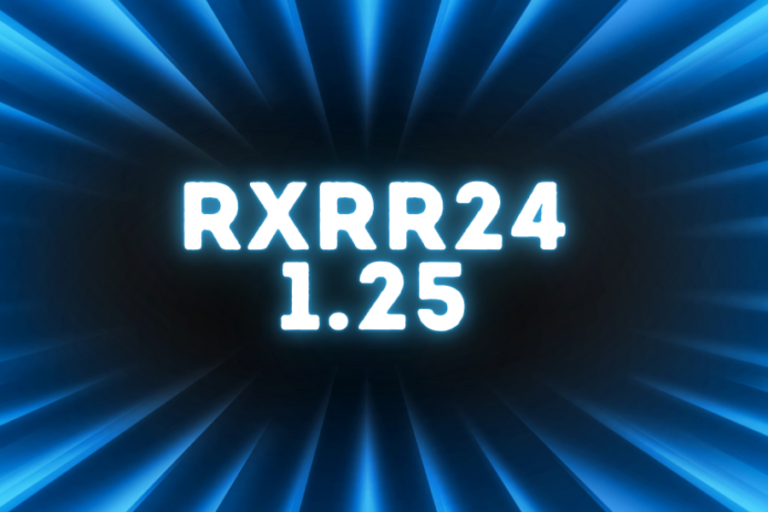Choosing the Right Insurance: A Comprehensive Guide
Selecting the right insurance can feel overwhelming due to the vast array of options and the complexities involved in understanding different policies. Whether you are in the market for auto, home, health, or life insurance, knowing what each type of coverage includes, how to evaluate insurers, and how to compare policies effectively is essential. This guide aims to equip you with the insights and practical tips necessary to navigate the insurance landscape with confidence, ensuring you make informed decisions that protect your financial well-being and offer peace of mind.
Understanding Insurance Coverage
Types of Insurance
Auto Insurance
Auto insurance is designed to protect you from financial losses resulting from accidents and other vehicular incidents. It typically comprises several coverage types:
- Liability Coverage: This is a fundamental component that covers damages for which you are responsible, including bodily injury and property damage to others.
- Collision Coverage: This type pays for repairs to your vehicle following a collision with another vehicle or object.
- Comprehensive Coverage: This protects against non-collision-related incidents such as theft, vandalism, or damage caused by natural disasters.
- Uninsured and Underinsured Motorist Coverage: This coverage is crucial if you find yourself in an accident with a driver who either lacks insurance or does not have enough coverage to pay for the damages.
Home Insurance
Home insurance protects your home and belongings from various risks, ensuring you are safeguarded against unexpected events. Key components include:
- Dwelling Coverage: This covers the physical structure of your home against damage from perils like fire, storms, or vandalism.
- Personal Property Coverage: This protects your belongings, such as furniture, electronics, and clothing, from loss or damage.
- Liability Protection: This provides coverage in case of lawsuits for bodily injury or property damage that you or your family members may cause to others.
- Additional Living Expenses (ALE): This covers your living expenses if your home becomes uninhabitable due to a covered loss.
- Specialty Coverage: This includes protection against specific risks, such as earthquakes or floods, which are often not included in standard policies.
Health Insurance
Health insurance is critical for covering medical expenses, providing access to necessary healthcare services. Important aspects to consider include:
- Network of Providers: Ensure that the plan includes a network of preferred healthcare providers.
- Coverage for Prescription Medications: Verify that necessary medications are covered under the policy.
- Pre-existing Conditions: Understand how the policy addresses any pre-existing health conditions you may have.
- Preventive Care: Look for plans that cover routine check-ups, screenings, and immunizations, which are essential for maintaining health.
Life Insurance
Life insurance offers financial security to your loved ones in the event of your passing. Consider these options:
- Term Life Insurance: This provides coverage for a specified period, paying a benefit only if the policyholder dies during that term.
- Whole Life Insurance: This offers lifelong coverage and includes a savings component that accumulates cash value over time.
- Universal Life Insurance: This combines a death benefit with flexible premium payments and an investment component.
When selecting life insurance, it’s crucial to determine the appropriate coverage amount to ensure that debts, funeral expenses, and income replacement needs are adequately addressed. Identifying beneficiaries who will receive the policy benefits and keeping them informed about the policy details is also vital.
Evaluating Insurers
Choosing the right insurance provider involves a careful evaluation of several factors to ensure you receive the best coverage and service. Here’s what to consider:
- Reputation and Financial Stability: Research the company’s reputation and look for insurers with a strong track record of reliability and financial health. Ratings from independent agencies can provide insights into their stability.
- Customer Reviews: Reading reviews and ratings from existing customers can give you a clearer picture of the company’s services and how they handle claims.
- Claims Process: Assess the efficiency and flexibility of the claims process. A smooth and prompt claims experience is critical, especially during emergencies.
- Payment Options: Evaluate the payment options available, such as flexible payment plans and potential discounts for bundling multiple policies.
Assessing and Comparing Policies
When comparing insurance policies, there are several key factors to consider:
Factors to Consider
- Coverage Limits: Understand the specific dollar amounts or percentages of total coverage each policy offers to ensure it meets your needs.
- Deductibles and Premiums: Assess the costs associated with different deductibles. Generally, higher deductibles lead to lower premiums, and vice versa.
- Exclusions and Limitations: Review policy exclusions and limitations to know what is not covered, helping you avoid surprises when filing a claim.
- Discounts and Loyalty Programs: Many insurers offer discounts for safe driving, home security systems, or bundling policies. Be sure to inquire about these potential savings.
Making an Informed Decision
To make the best choice, obtaining quotes from multiple providers is essential. This allows you to compare prices while ensuring that you do not compromise on coverage quality. Assess the features and benefits offered by each policy, looking for additional coverages or services that add value.
It’s also important to consider the overall impact of the policy on your well-being. Strive for a balance between affordability and comprehensiveness to ensure the policy adequately meets your needs.
Tips for Getting Started
Evaluating Your Needs
Begin by reflecting on your specific needs and priorities concerning insurance. Different types of insurance offer different kinds of protection, so understanding what is most critical for your situation is vital.
- Budget Considerations: Make sure the policy fits within your budget by comparing the costs of premiums and potential out-of-pocket expenses.
- Health Insurance Network: For health insurance, verify the network of providers and any specialty services you might require, ensuring your preferred doctors and hospitals are included.
Making the Right Choice
Conduct thorough research on the available options and carefully consider all aspects of the selection process. Avoid rushing your decision. Instead, seek insights and recommendations from experts, such as insurance agents and financial advisors, who can provide valuable guidance.
A thoughtful analysis based on the details and requirements of each policy will help you avoid potential pitfalls in the future. Understanding the terms and conditions is essential to prevent any misunderstandings down the line.
Conclusion About Choosing the Right Insurance
Selecting the right insurance involves a comprehensive approach to evaluating your needs, understanding the options available, and making an informed decision. By thoroughly assessing your priorities, budget, and the specific features and benefits of each policy, you can find the most suitable insurance coverage for your situation. Consulting with experts and using reliable resources to compare quotes and providers will further ensure that your choice is well-informed and aligned with your long-term financial and personal goals.
Taking a diligent approach to choosing insurance not only safeguards your financial future but also provides peace of mind, allowing you to live confidently knowing you are adequately covered. Whether it’s auto, home, health, or life insurance, understanding your options and making informed choices is key to protecting what matters most to you.
Stay in touch to get more news & updates on ca heading.






